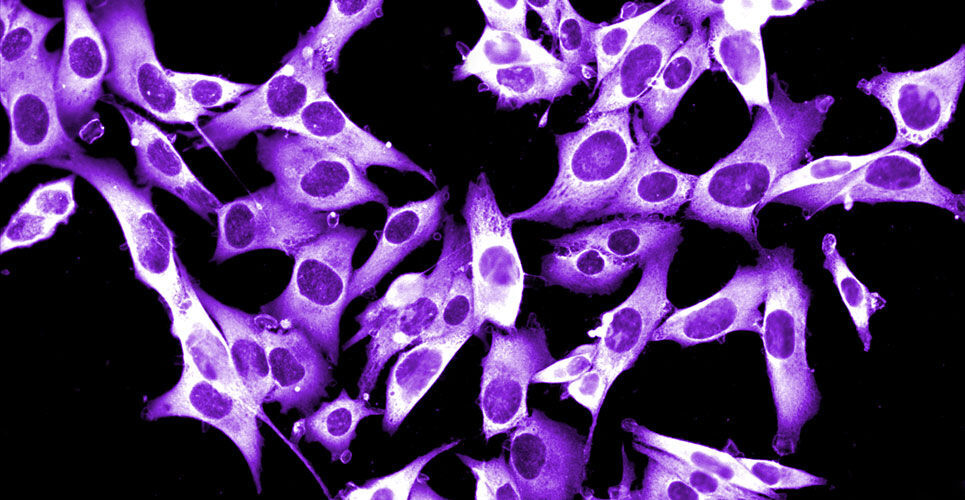Nivolumab (brand name Opdivo) has been approved by the European Commission for use as a monotherapy for the adjuvant treatment of stage IIB or IIC melanoma, its manufacturer Bristol Myers Squibb has announced.
The approved indication is for use in adults and adolescents 12 years of age and older with stage IIB or IIC melanoma, or melanoma with involvement of lymph nodes or metastatic disease who have undergone complete resection.
Combining relatlimab with nivolumab is known to increase progression-free survival compared to the use of nivolumab alone in patients with metastatic or unresectable melanoma.
The EC approval was based on the findings of the CheckMate -76K trial, which evaluated adjuvant nivolumab compared to placebo in patients with completely resected stage IIB or IIC melanoma.
Nivolumab and CheckMate-76k
CheckMate -76K was a randomised phase 3, double-blind study directly comparing adjuvant nivolumab at a dose of 480 mg Q4W for up to 12 months versus placebo in patients with completely resected stage IIB or IIC melanoma.
The primary endpoint of the trial was recurrence-free survival (RFS), with secondary endpoints including overall survival (OS), distant metastases-free survival (DMFS), progression-free survival on next-line therapy (PFS2) and safety endpoints.
Findings from the trial showed that adjuvant nivolumab, after a minimum follow-up of 7.8 months, reduced the risk of recurrence or death by 58% versus placebo (hazard ratio, HR = 0.42, 95% CI 0.30 – 0.59, p < 0.0001).
In addition, the 12-month RFS rate was 89% compared to 79% for placebo. This RFS benefit was observed across predefined subgroups in the trial, including T category and disease stage.
In terms of safety, the pooled dataset of nivolumab as monotherapy found that some of the most frequent adverse reactions, occurring in more than 10% of patients, were fatigue (44%), musculoskeletal pain (28%), diarrhoea (26%), rash (24%) and cough (22%). However, the majority of these adverse reactions were mild to moderate (Grade 1 or 2) in severity.
Peter Mohr, chief physician and head of the Skin Cancer Center, Buxtehude, Department of Dermatology, Elbe-Kliniken, Germany, said: ‘Patients with stage IIB or IIC melanoma are at a high risk of disease recurrence following surgery. This can be a very impactful event for patients. This approval reinforces the benefit that nivolumab may offer when used after resection, potentially preventing the disease from recurring.‘

